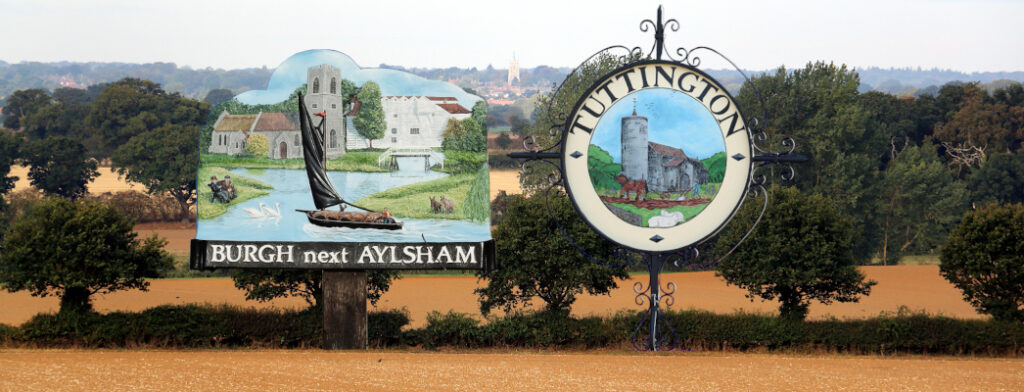Parish Councils lie at the foundation of our national democracy. They are civil, statutory bodies that have certain powers which although rather limited, they use on behalf of the local community. Parish Councils lie within the community they serve and will often be the first port of call when residents have concerns.
In small, rural parishes such as ours, the Parish Council has a relatively limited set of responsibilities when compared with some large town councils with which they are equivalent. The full set of statutory powers and responsibilities of Parish Councils can be seen by downloading this government document.
Parish Councils are Statutory Consultees not only on local planning applications, but on wider planning matters on which they can offer their opinion to benefit their residents. Parish Councils can influence activities and decisions made in the District and County Councils, in Government through our MP, and in wider bodies in the charity and buisness sectors. They can represent individuals or the civil Parish as a whole.
Membership of the Parish Council
The Council comprises a group of Councillors who are local residents and usually not affiliated to a political party. They are elected by residents of the civil parish by a process similar to that of national elections. The last full election in Burgh and Tuttington was in 2018 the result of which was announced in Burgh Reading Room by the District Returning Officer. Vacancies on the Parish Council can be filled by a process of co-option where prospective candidates are interviewed and voted upon by the sitting Parish Councillors.
The Parish Council is headed by a Chairperson with a Deputy Chairperson. These positions are elected annually by Parish Councillors at the Annual Parish Council Meeting usually held in May. In some Parish Councils, Councillors can lead in particular area of responsibility which operates through a sub-committee.
A most important member is the Parish Clerk. The Clerk is the primary administrator of the Council who also provides advice on how the Council and its meetings are run. The Parish Clerk has a legal responsibility in the statutory role of Proper Officer. The Parish Clerk is not an elected position but is appointed and employed by the Parish Council. The Parish Clerk is often the first point of contact between residents and the Parish Council.
Parish Council Meetings
Parish Council meetings are relatively formal events at which Councillors receive reports and vote on proposals laid out in the Agenda which is published before each meeting. The date and venue of the Parish Council meeting must be made available to the public who are invited to attend and watch proceedings. Within each meeting, there is a period of adjournment during which the public can bring up matters of concern. Residents of the Parish can ask Parish Councillors to bring specific matters to the meeting before the Agenda is published – usually a couple of weeks before the meeting.
In addition to Parish Councillors and the Parish Clerk, members of other authorities will often attend to make reports. This includes local District and County Councillors, or a local police officer.
All members of the Parish Council must act in accordance with a Code of Conduct that they adopt and publish. A copy can be found by following this link.
